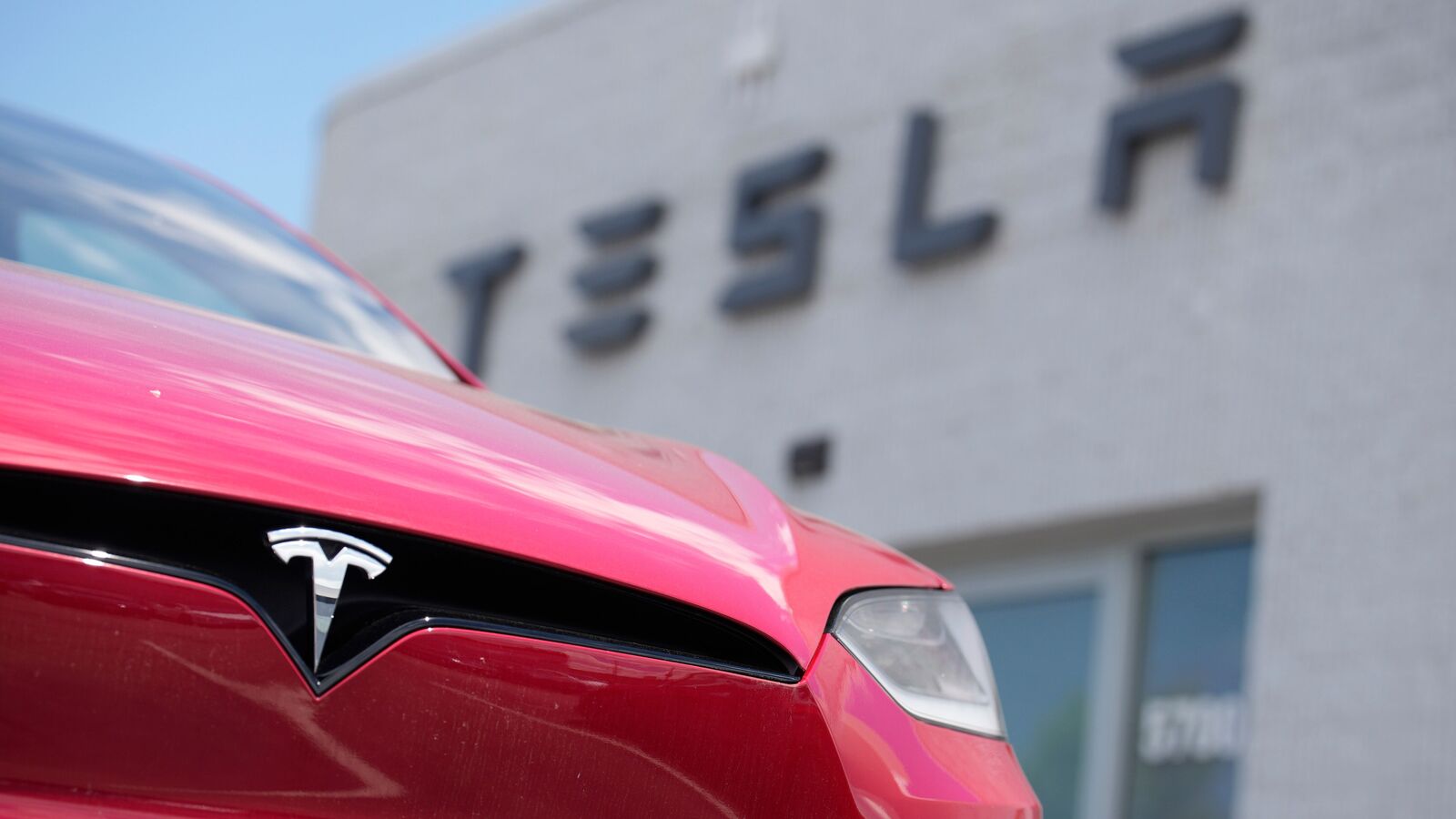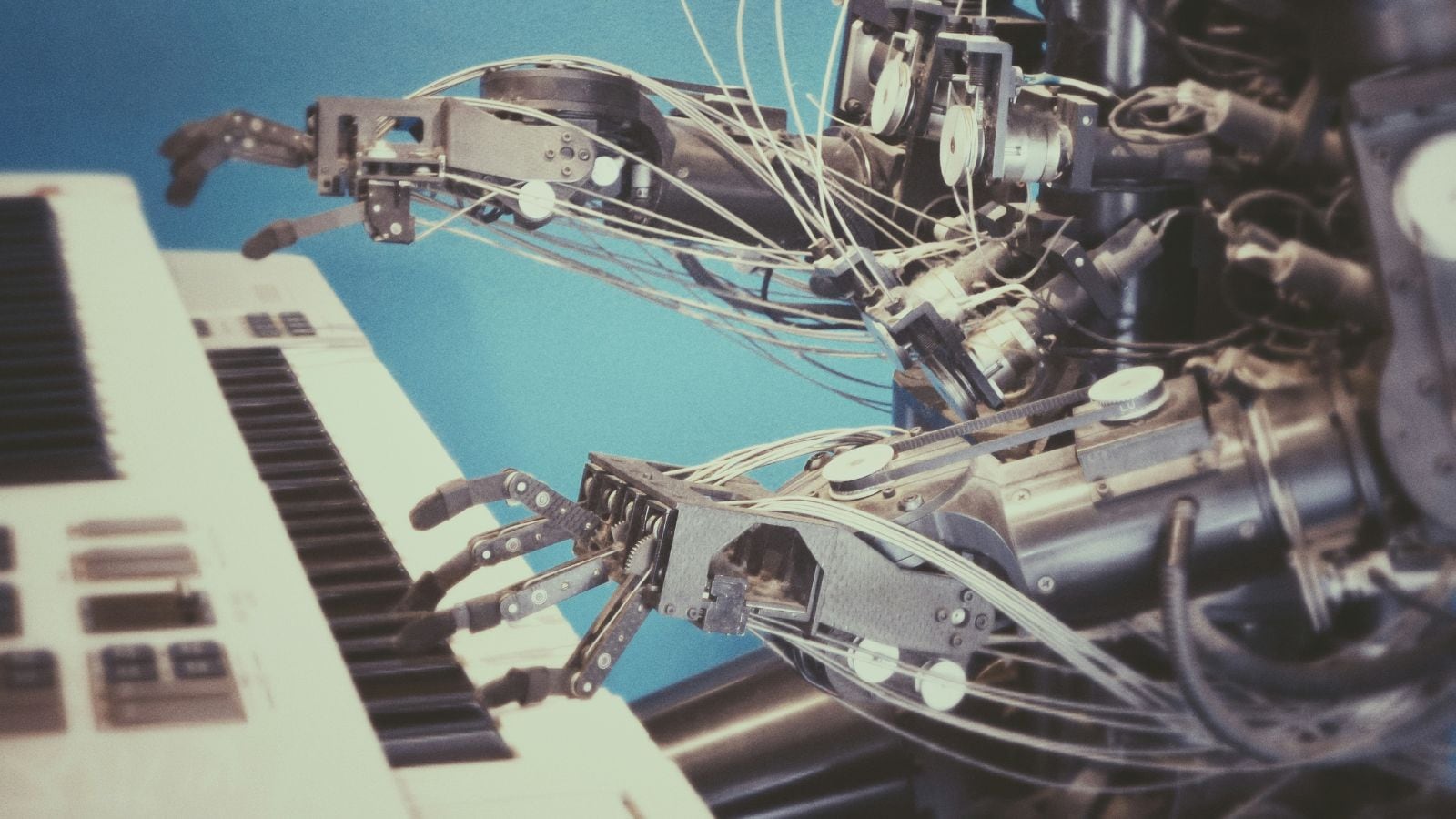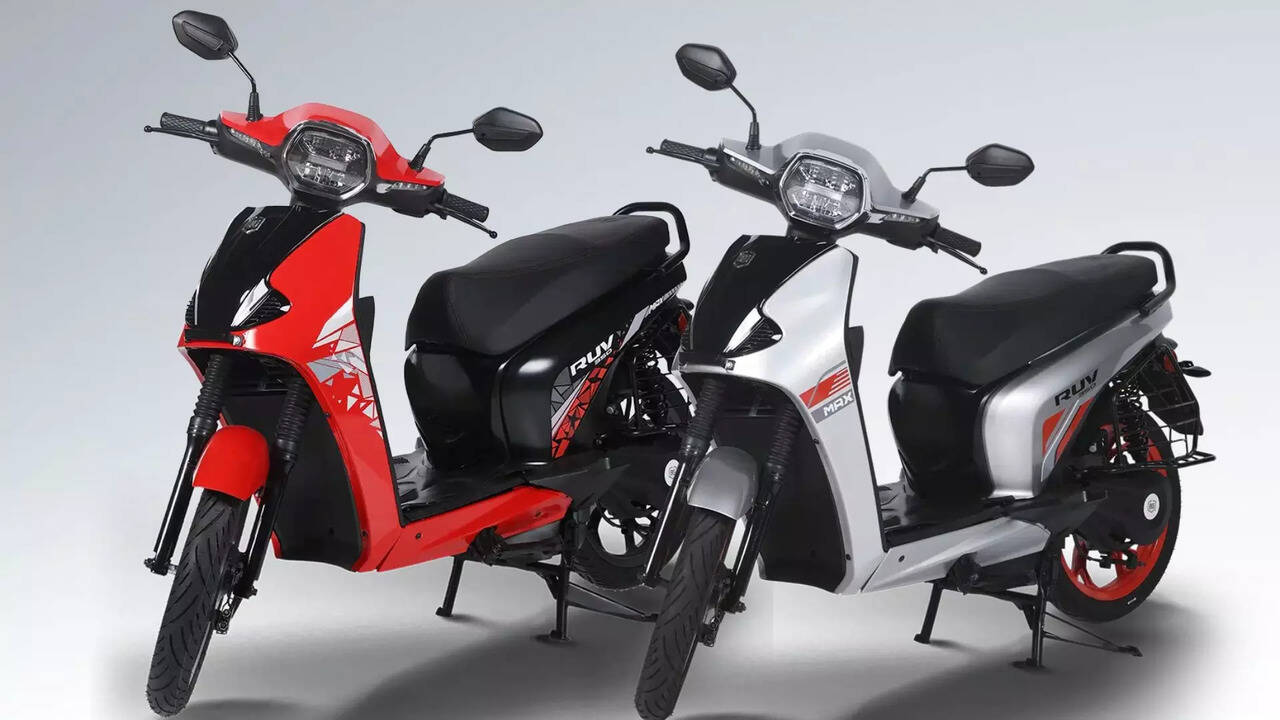- TECHSWU
- Posts
- TECHSWU #65
TECHSWU #65
Welcome to TECHSWU, your go-to destination for all things tech that matter in your daily life!




Investor interest in artificial intelligence (AI) is on the rise, but finding legitimate AI stocks that generate revenue from generative AI can be challenging. Companies such as Microsoft and Nvidia are already seeing success in the AI market, but other companies like Google parent Alphabet are still grappling with the risks and opportunities presented by generative AI.
It's important for investors to remain cautious amid the hype surrounding generative AI and focus on AI stocks that use the technology to improve products or gain a strategic edge. Chipmakers, software companies, cloud computing providers, and technology giants that utilize AI tools in various applications are the top AI stocks to watch.
While there is potential for significant growth in the AI sector, investor sentiment on AI stocks could turn negative, so it's crucial for investors to carefully evaluate the opportunities and risks.

Soccer tech startups are revolutionizing the way the game is played and experienced. These innovative companies are leveraging sophisticated technologies like AI, data analytics, and augmented reality to enhance athlete training, hone skills, revolutionize scouting, and boost fan engagement.
For example, companies like STATSports and Playmaker are using wearable technology and AI to monitor player movements and technique, allowing coaches to customize workouts and analyze performance. Platforms like SciSports aggregate player performance data using AI algorithms to identify potential talent.
Fanseat offers a fan-centered interactive mobile app that enables fans to participate in live polls, AR replays, and challenges during matches, creating a more engaging experience. Although India is yet to fully embrace soccer tech, some Indian soccer clubs are experimenting with wearable tech and data analytics.
Adopting these technological advancements could also benefit other sports like cricket in the future.

Training advanced AI models like GPT-4 and Gemini could come with a hefty price tag of up to Rs 73.6 lakh crore by 2030, according to a recent study.
The cost of training these models has been steadily increasing, with amortized hardware and energy costs growing at a rate of 2.4 times per year since 2016.
However, the exact figures remain undisclosed by companies like OpenAI and Google. As these AI models become more sophisticated, the expenses associated with training them also escalate.
The potential development of artificial general intelligence (AGI) could further complicate the landscape. Despite the high costs, the demand for advanced AI models continues to rise, and companies will need to find ways to fund their development.

Tesla's reign as the top-selling electric vehicle (EV) brand in the US may be coming to an end. For the past six years, Tesla has outsold all other EV competitors combined, but the company's sales have been declining recently, potentially allowing other automakers to take the lead.
In the 12 months leading up to May, Tesla sold around 618,000 EVs in the US, while other manufacturers sold approximately 597,000 fully electric vehicles. Traditional automakers such as General Motors and Hyundai are closing the gap, with sales growing rapidly for many of the top EV makers.
Tesla's sales dropped by 13% in the first quarter of the year, while its competitors saw significant growth. One contributing factor to Tesla's declining sales is its limited product lineup compared to rivals flooding the market with new models.
Despite potentially losing its US EV crown, Tesla remains the biggest EV-maker in the country and globally. However, the company's stock price remains at risk as long as it is seen primarily as an auto company in a competitive market.

Sony Music, Universal Music Group, and other major record labels have filed lawsuits against AI startups Suno and Udio, accusing them of copyright infringement. The lawsuits claim that the companies developed AI tools that can generate music tracks based on user prompts within seconds, using copyrighted recordings as part of their training datasets.
The music labels allege that the AI models generated outputs that closely resembled popular songs by artists such as Mariah Carey and Green Day. The lawsuits seek compensation of $150,000 for each track that allegedly infringes upon copyright.
The music industry's legal action represents a direct challenge to the use of AI models for music generation, although it does not necessarily mean that labels are opposed to AI-generated tracks altogether.

Wahoo Fitness has introduced the TRACKR HEART RATE, a new heart rate monitor (HRM) designed for endurance athletes. The device offers highly accurate heart rate data, allowing athletes to track their training progress and improve their performance.
One of the standout features of the TRACKR HEART RATE is its rechargeable battery, which provides over 100 hours of active battery life. This eliminates the need for coin cell batteries and addresses consumer concerns about battery life and environmental impact.
The HRM also features a comfortable chest strap with a non-invasive side closure, ensuring athletes can move freely during their workouts. It is compatible with a range of training systems and platforms, including indoor training systems, GPS smartwatches, and popular fitness apps.
The CEO of Wahoo, Gareth Joyce, expressed excitement about the launch of the TRACKR HEART RATE and emphasized its accuracy, comfort, and seamless integration with training ecosystems. The TRACKR HEART RATE is the first in a line of accessories called TRACKR, with additional sensors for endurance athletes set to be released in the near future.
The TRACKR HEART RATE is available starting in June 2024.

Indian electric vehicle manufacturer BGauss has launched its flagship model, the RUV 350, in the Indian market. The scooter is available in three variants, with prices starting at INR 1.
10 lakh (around $1,480). The RUV 350 features a sleek design with a large front apron and a flat seat for an upright riding posture.
It is equipped with 16-inch alloy wheels that provide good ground clearance and are designed for traversing rough road surfaces. The scooter is powered by a 3 kWh lithium LFP battery, giving it a range of 120 km (75 miles) on a single charge.
It also has a 3.5 kW electric motor that produces 165 Nm of peak torque and can reach a top speed of 75 km/h (47 mph).
The top models of the RUV 350 come with a range of additional features, including a five-inch TFT display with Bluetooth connectivity, turn-by-turn navigation, and cruise control.